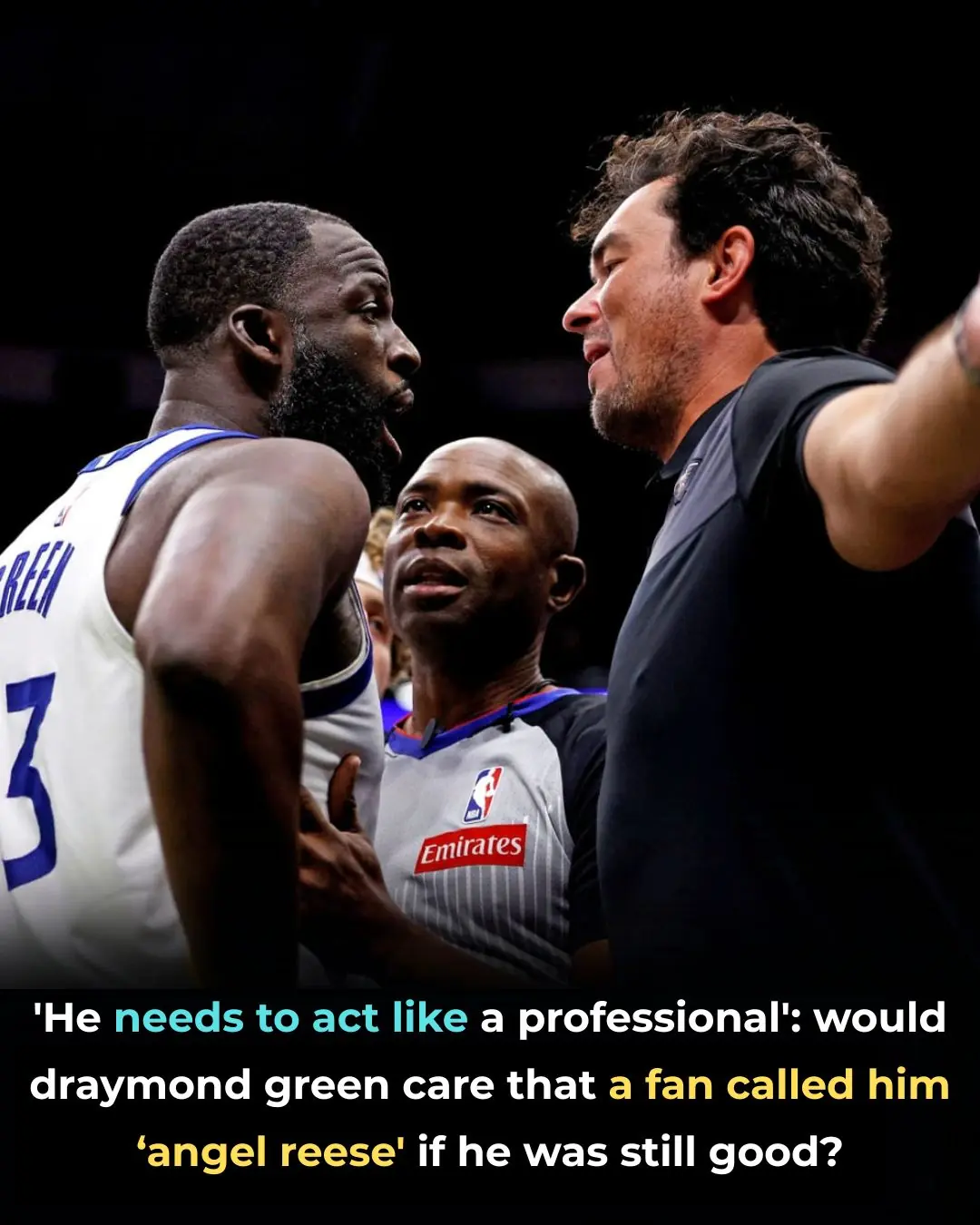
Deion Sanders Has Generated More Than $90M for the University of Colorado Boulder
The Numbers Don’t Lie — Coach Prime’s Massive Impact at CU Boulder
Ever since Deion Sanders arrived at the University of Colorado Boulder, he has proven himself to be a game-changer — not only on the field, but for the university’s finances, visibility, and brand. His presence has driven unprecedented media coverage, revitalized ticket sales, attracted major sponsors, drawn celebrity supporters, and helped the Buffaloes sell out season tickets for the first time in the program’s century-long history.

According to recent reports, Sanders’ impact has been quantified in hard dollars: he has generated over $90 million in revenue for CU Boulder to date (Black Enterprise). Beyond ticket sales, the effect is visible in merchandise: the team store has recorded a 2,544 percent increase in sales since his arrival (Black Enterprise). On the donor side, the university has raised around $2 million in additional contributions since September 2022 (Black Enterprise).
CU leadership recognizes that Sanders’ influence goes beyond measurable dollars. CU Chancellor Phil DiStefano emphasized that the campus energy, excitement, and national attention brought by Sanders are “less quantifiable but certainly as important as record-setting merchandise and ticket sales.”
His effect extends to players too, especially in the name, image, and likeness (NIL) space. Several Buffaloes have landed meaningful deals: running backs Charlie Offerdahl and Alton McCaskill starred in a commercial featuring Sanders; meanwhile, quarterback Shedeur Sanders and two-way star Travis Hunter rank among the top collegiate athletes in NIL earnings (Black Enterprise). This rise in individual exposure underscores how Sanders’ brand translates directly into economic opportunity for his players.
In March 2025, the University of Colorado made a major commitment: they extended Sanders' contract through the 2029 season with a five-year, $54 million deal (Associated Press / SportsBusiness Journal). Under the extension, his base salary is set at $10 million per year for 2025 and 2026, growing to $11 million in 2027–2028, and $12 million in 2029 (SI / NBC Sports). The contract also includes performance incentives and a significant buyout structure, which creates a strong financial commitment both ways (Denver Sports Today).
Legally and practically, this extension signals more than just pay — it’s about long-term stability and investment. According to reports, the contract includes allowances for recruiting (including a travel budget), media appearances, and fundraising commitments (Denver Sports Today). Sanders is also obligated to stay “in good faith” conversation with CU beyond 2027, with full alignment on future ambitions (Denver Sports Today).
This phenomenon has even earned a nickname: “Deionomics.” Analysts say he has built an economic engine around his coaching — driving merchandise revenue, ticket sales, television exposure, and broader engagement (Axios). Under Sanders, CU athletics has generated levels of national attention rarely seen outside of powerhouse programs, positioning Colorado as not just a football school, but a cultural and financial brand.
That said, not all of the effect is purely financial. Sanders’ return has boosted student applications — reports indicate a 20% overall increase, and a 50%+ jump in applications from Black/African American students (SportsBusiness Journal). This “Coach Prime” effect has helped transform the image of CU Boulder, making it more nationally relevant and appealing to a more diverse student body (Axios).
Even after a recent on-field setback — the Buffaloes suffered their first loss in a while — the momentum hasn’t slowed. Fans remain engaged, ticket demand stays high, and the numbers continue to back up what many had once dismissed as hype.
For CU, Sanders isn’t just a coach: he is a transformational figure who has redefined what success looks like in college sports — not purely in wins and losses, but in brand value, institutional growth, and long-term financial sustainability. His contract extension and the sustained revenue surge suggest that the “Deion Effect” may be one of the most consequential coach-driven business models in modern college football.
News in the same category


O.J. Simpson Estate Selling Off Treasures to Pay Goldman $58M—You Won’t Believe What’s Up for Auction

Leading Barber App Releases New Heartwarming Campaign Highlighting the Transformative Power of a Haircut

Philadelphia’s Oldest Black Bookstore From 1950s Officially Granted Historical Marker

Johns Hopkins Welcomes Second Cohort of HBCU STEM Scholars as Part of $150M Commitment

Meet The Chicago Florist Using Art Installations To Shine A Light On Blackness

Prince to Be Honored Posthumously With Lifetime Achievement Award at Grammys

What Sydney Sweeney and Tom Cruise talked about during Governor Awards: lip reader

BBC axes Davina McCall's Stranded on Honeymoon Island after just one series

Shona McGarty's ex fiancé breaks silence as she joins I'm A Celeb after split

Michael McIntyre admits never seen before moment after Tommy Fury admission

ITV Emmerdale fans 'can’t cope' after Kev Townsend’s 'nightmare' twist

I’M A CELEB CAST COULD ALL LOSE THEIR FEE BY THE THIRD EPISODE FOR ONE REASON

JACK OSBOURNE OPENED UP ON ‘SECRET’ WEDDING TO WIFE AREE WHO BECAME ‘BONUS’ MUM TO HIS DAUGHTERS

OLIVIA COLMAN ‘ACCIDENT’ NEARLY RUINED MAJOR RULE ON BEST BRITISH CRIME DRAMA NOW ON NETFLIX

⚠️ Robbie Williams Blames Weight-Loss Injection for Deteriorating Eyesight, Vows to Stay On It

😠 Strictly Come Dancing Judges Face Backlash Over "Harsh" Scoring of Balvinder Sopal

🏡 Oti Mabuse Swaps London for Berkshire "Sticks" for Daughter's Sake

👁️🗨️ James Martin Reveals "Scary" New Eye Surgery Two Years After Facial Cancer Treatment
News Post

Pouring medicated oil on garlic seems like a strange thing to do, yet it offers surprising benefits that not everyone knows about

Powerful Foods That Help Prevent Clogged Arteries And Keep Your Heart Feeling 20 Again

‘He Needs To Act Like A Professional’: Would Draymond Green Care That A Fan Called Him ‘Angel Reese’ If He Was Still Good?

O.J. Simpson Estate Selling Off Treasures to Pay Goldman $58M—You Won’t Believe What’s Up for Auction

Leading Barber App Releases New Heartwarming Campaign Highlighting the Transformative Power of a Haircut

Natural Plaque-Removal Tricks That Actually Work

Philadelphia’s Oldest Black Bookstore From 1950s Officially Granted Historical Marker

How To “Remove” All The Chemicals Out Of Store-Bought Chicken

I used castor oil for neuropathy – here’s what happened in 30 days!

What Is The Normal Blood Pressure For Each Age

Johns Hopkins Welcomes Second Cohort of HBCU STEM Scholars as Part of $150M Commitment

Always Close Your Bedroom Door Before Going to Sleep

Meet The Chicago Florist Using Art Installations To Shine A Light On Blackness

Prince to Be Honored Posthumously With Lifetime Achievement Award at Grammys

What Sydney Sweeney and Tom Cruise talked about during Governor Awards: lip reader

BBC axes Davina McCall's Stranded on Honeymoon Island after just one series

Shona McGarty's ex fiancé breaks silence as she joins I'm A Celeb after split

When choosing a balut egg, just look at one point to know if it is old or young, no fear of buying the wrong one.
